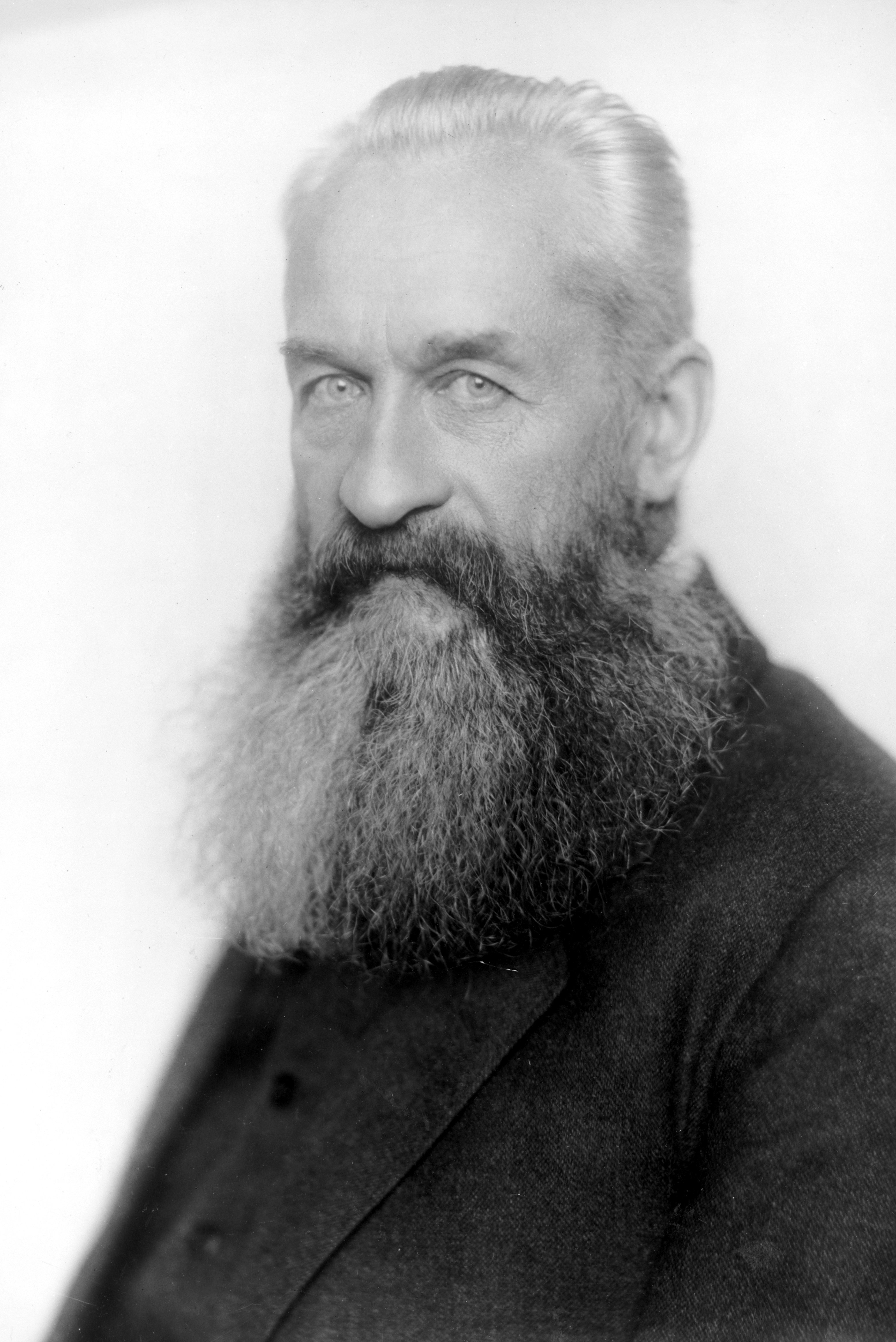- Georgy Lvov
Infobox Officeholder
name = Georgy Lvov
Георгий Львов
|230px
nationality = Russian
order = 1st Minister-Chairman of Russian Provisional Government
term_start =March 23 ,1917
term_end =July 7 ,1917
predecessor = Grand Duke Mikhail (as Tsar of Russia), Nicholas II ("de facto" Tsar)
successor =Alexander Kerensky
order2 =Prime Minister of Russia
term_start2 =March 23 ,1917
term_end2 =July 7 ,1917
predecessor2 =Nikolai Golitsyn
successor2 =Alexander Kerensky
birth_date =November 2 ,1861
birth_place =Dresden ,Kingdom of Saxony (now part ofGermany )
death_date =March 7 ,1925 (age 63)
death_place =Paris ,France
profession = Politician
party = Constitutional DemocraticKnyaz (Prince) Georgy Yevgenyevich Lvov ( _ru. Георгий Евгеньевич Львов, "Georgy Evgenyevich Lvov") (November 2 ,1861 ndashMarch 7 ,1925 ) was aRussia n statesman and the first post-imperialprime minister of Russia , fromMarch 23 toJuly 7 ,1917 .Pre-Revolution
Prince Lvov was born inDresden into a Rurikid family, descended from sovereign princes ofYaroslavl . His family moved home toPopovka in theAleksin region near Tula from Germany soon after his birth. He graduated from the University of Moscow with a degree in law, then worked in the civil service until 1893. During theRusso-Japanese War he organized relief work in the East and in 1905, he joined the liberalConstitutional Democratic Party . A year later he won election to theFirst Duma and was nominated for a ministerial position. He became chairman of the All-Russian Union ofZemstvo s in 1914 and in 1915 he became a leader of the Union of Zemstvos as well as a member ofZemgor , a joint committee of the Union of Zemstvos and the Union of Towns that helped supply the military and tend to the wounded from theGreat War .Later years
After the first Russian Revolution and the abdication of
Nicholas II , emperor of Russia, Lvov was made head of the provisional government. Unable to rally sufficient support, he resigned in July 1917 in favour of hisMinister of Justice ,Alexander Kerensky . Lvov was arrested when theBolsheviks seized power later that year. He escaped and settled inParis , where he spent the rest of his life.Memorials
There is a memorial to Prince Lvov in
Aleksin as well as a small exhibition on him in the town museum. In Popovka there is another memorial opposite his local church and a plaque on the wall of the local school he founded. He is buried in Sainte-Geneviève-des-Bois cemetery in France.Further reading
Lvov wrote an autobiography, 'Воспоминания' while in exile and a biography was also written in 1932 by Tikhon Polner entitled 'Жизненный путь князя Георгія Евгеніевича Львова. Личность. Взгляды. Условія дѣятельности'. Neither have been translated but both have been reprinted and are still available in Russian.
Notes
Note on transliteration: An older French form, Lvoff, is used on his tombstone. Georgy can be written as Georgi and is sometimes seen in its translated form, George.
External links
*ru icon [http://www.aleksin.tula.ru/win/contacts.htm Lvov Days and memorials]
*ru icon [http://www.museum.ru/m535 Aleksin Museum of Art and Regional Studies]
*ru icon [http://www.rp-net.ru/ Publishers of Lvov's biographies]
Wikimedia Foundation. 2010.
